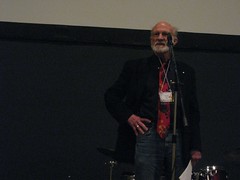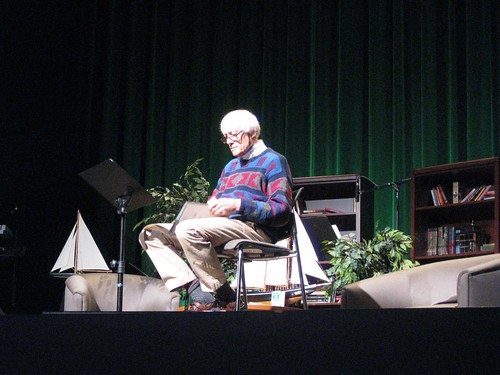It’s Good Friday and for me, it’s been a good day so far. These days are always kind of interesting because you’re trying to balance the sacred with the practicalities of life. So far I’ve spent time doing some beautiful things, like hanging out with the family, trivial things like taking out the trash, and spiritual things like reflecting on the significance of this day.
Indeed there is a heaviness as I remember what our Savior did for us. I also reflect on my loved ones that have passed on and imagine myself thinking about them had Christ not died. I imagine how it would feel if they were not Christ-followers. I’ve thought about a lot of things today. What about my loved ones who are still living and the difference the cross makes for our new son and the new lives that were brought to this world since last Easter. I reflect on the people that I don’t know, the ones that don’t like me, and the ones that I don’t care for.
There’s a joy too. I know, understand, and love the meaning of the Resurrection – a dead man lived again. And this man was God and his name was Jesus and he extends this same life to me. It’s a mind-blowing story.
I read a few things today, John 15 & 16, Jesus the Final Days by Craig Evans and N.T. Wright (CT has an exert from Wright’s concluding chapter here), and a couple of blog posts:
Tony’s post – Why Jesus Died.
Evan’s post, What You’ll Probably Hear at Church this Easter Weekend (but I Hope you Don’t). It’s excellent. I’d like to add John 10:10 and it’s context to his point, “…I have come that they may have life, and have it to the full”.
And the always moving poetry of our dear friend, Thomas. Here’s the opening verse of The Day Before the Last
The day before the last,
when bread is just bread,
and wine is just wine,
there is a chance, a facet
of hope to cling to, for us gathered.
The online world is part of my community. Tonight, I’ll gather with my church and we will worship and reflect on the meaning of this day. Praise the Lord for his unconditional love.

 The strength of
The strength of





Recent Comments